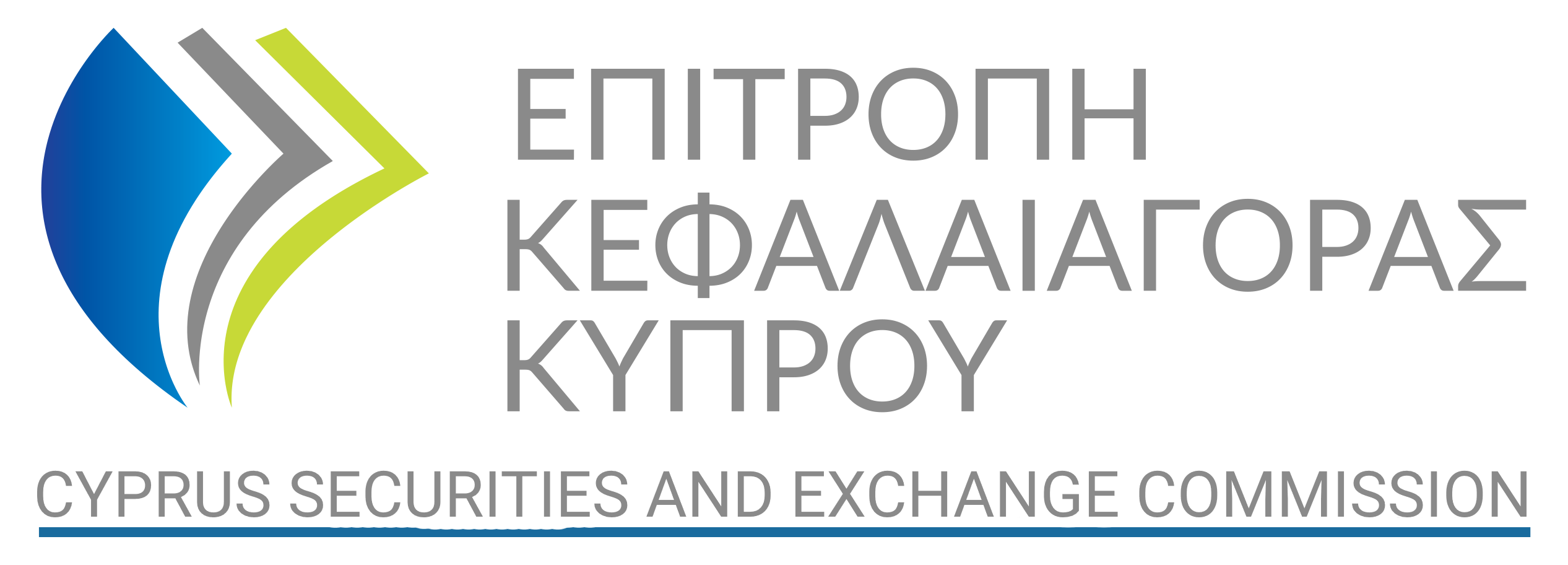
For the new crypto investor, determining which ICO opportunities are valid and, more importantly, worthy of your money is tricky. If you’re unfamiliar with the nuances of blockchain technology and the ebbs and flows of the ICO market, it’s daunting to take on the task of sifting through current and upcoming listings across ICO lists like ICO Reports to target the offerings with best chances of success.
On the surface, and to the untrained eye, many of these listings look similar. Most ICOs today launch with technical white papers and fully-fledged sleek marketing websites. But in this industry, looks can be deceiving. Often organizations that are not viable will invest in surface-level initiatives to lure in potential investors — but their products and teams are not strong enough to support their external communications.
If you are at all weary of a listing, here are 7 signs to watch out for:
Lack of team information
Most investors will admit that a strong team is the most important factor they consider when it comes to deciding whether or not to invest in a project. Even if the technical implementation is flawed or the marketing outreach needs to be bolstered, the right team can rise to meet and overcome these challenges. If, however, a cryptocurrency project is built on the backs of passion-less and inexperienced individuals, it’s more than likely that the organization will not achieve its goals.
It’s almost impossible to be able to accurately judge a team culture based on resumes and LinkedIn profiles, but as a new investor you have to be able to analyze and assess any information possible. You may not be able to tell how a founder interacts with his team based on his past experience, but if it looks like he (or she) has successfully led teams in the past then you can feel more assured that they know how to manage.
Project listings devoid of any real team information or history should set off major warning signals. If a team is not willing to share the backgrounds of each individual, it’s likely because they are not ready to take the steps necessary to grow their listing from an idea to a tangible product.
Little to no community
The cryptocurrency world is anchored by social communities. Many companies have achieved fundraising success because early on they managed to establish trust and forge deep relationships with individuals who would go on to become both investors and users.
Anyone pursuing crypto investments is likely aware of past scams and the overarching lack of transparency across the industry. When organizations make the effort to distribute content across social platforms and engage with followers, it gives audiences more insight into the inner workings of the team and technology. Additionally, the more a company engages with followers and answers lingering questions, the more likely a community is to develop trust in that listing.
Crypto influencers are ignoring it
You can learn a lot from checking out cryptocurrency-forums, including Reddit. From browsing the ongoing discussions unfolding across social platforms and community forums, you can glean insights as to which up-and-coming ICO listings are most exciting to influencers. These individuals devote significant amounts of time and energy to researching crypto-based projects, and are therefore are able to better assess which are quality and which are not. If a listing is not getting any attention from influencers or across forums, there’s likely a good reason why.
No company roadmap
At their core, ICOs are fundraising mechanisms; these organizations list their projects as a means of attracting to funds to (hopefully) develop their ideas. In asking an investor for financial support, crypto companies should also provide transparency regarding how those funds will be used. Solid ICO listing often include company roadmpas and timelines that offer estimates of the next growth phases following the coin sale. Be weary of the listings that do not, or cannot, provide more context into the next phases of their projects.
No advisors
Many entrepreneurs behind upcoming ICOs are entering the space for the first time — they had an idea, saw a hole in the market, and decided to build a crypto solution to solve for it. While they may have passion, lack of experience can be damning. Often, these new leaders turn to ICO advisors for support and guidance in building out a plan and a strong go -to-market strategy. These advisors can help with everything, ranging from building out roadmaps to strategizing production. When individuals sign on as advisors they are agreeing to give their time, energy, and name to these projects and will not do that if they don’t feel confident in its potential. A listing with zero advisors may be a sign that others have assessed the product and team and did not feel assured the organization could grow.
Unclear vision
This warning sign may sound obvious, but if you don’t actually understand the purpose of the product, then it’s probably not necessary or, at least ready for development. As a rule of thumb, you should be skeptical of ICO listings that don’t seem to be filling a specific void or solving an actual issue.
Inaccessible code
Many experienced investors like to carry out their due diligence before committing, including checking the actual code of a project. A recent CryptoSlate article expounded on the relationship between empty code repisoritors and fraudulent listings. If ICO links lead to, well, nothing, then it may be a sign that the team behind the listing does not want individuals to assess their code.

![Binance Review: How the Crypto Exchange Works [2024]](https://www.feedroll.com/wp-content/uploads/2024/03/binance-trading-450x338.png)



![Binance Review: How the Crypto Exchange Works [2024]](https://www.feedroll.com/wp-content/uploads/2024/03/binance-trading-100x100.png)



